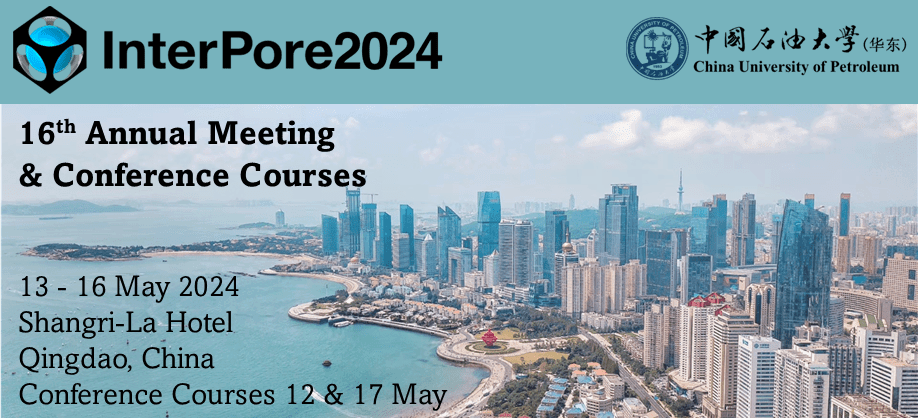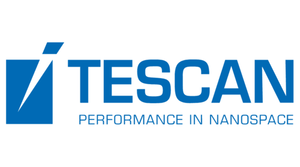Speaker
Description
Currently, µCT has emerged as a valuable tool for analyzing rock samples on a standard core plug scale. Typically utilized in Special Core Analysis (SCAL) as an assessment instrument before the filtration experiment, µCT serves to examine core samples and identify any potential defects, cracks, or heterogeneities that could influence flow behavior during the procedure. Despite the relatively low resolution of such µCT images, they contain valuable information on lithological features and reservoir properties. This study focuses on the development and validation of an integrated methodology that combines µCT scanning of core plugs with machine learning algorithms to predict effective porosity values. For this work, we created a dataset of microtomographic images for standard samples of various types of reservoir rocks and annotated all images based on experimentally determined values for the samples. Utilizing a transfer learning approach, we trained a ResNet50 model to predict effective porosity values for standard core plugs. The results demonstrated high validation scores for the obtained values. This approach can be used to optimize Standard Core Analysis (SCA) procedures, reducing the time and financial costs associated with hydrocarbon extraction procedures from core plugs.
Acknowledgments
This work was supported by the Ministry of Science and Higher Education of the Russian Federation under agreement No. 075-15-2022-299 within the framework of the development program for a world-class Research Center "Efficient development of the global liquid hydrocarbon reserves".
| Country | Russia |
|---|---|
| Conference Proceedings | I am interested in having my paper published in the proceedings. |
| Acceptance of the Terms & Conditions | Click here to agree |




.jpg)
